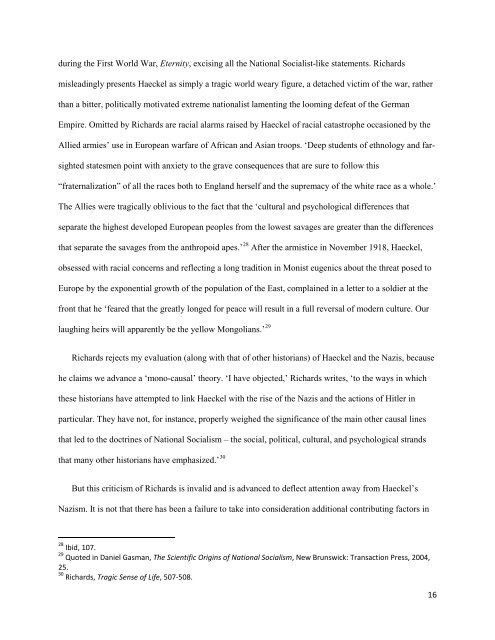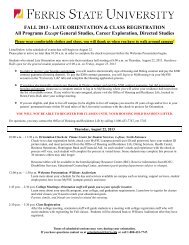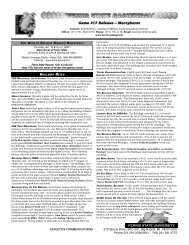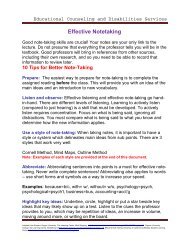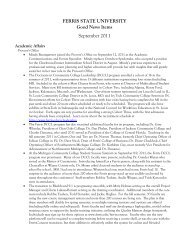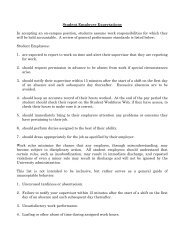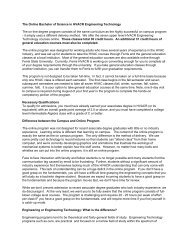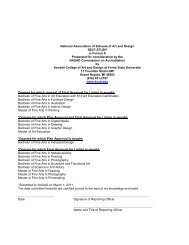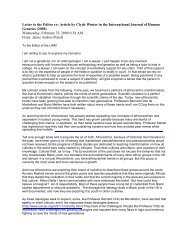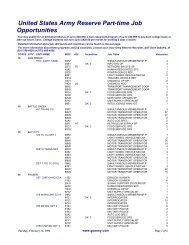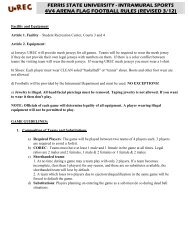Daniel Gasman - Ferris State University
Daniel Gasman - Ferris State University
Daniel Gasman - Ferris State University
Create successful ePaper yourself
Turn your PDF publications into a flip-book with our unique Google optimized e-Paper software.
during the First World War, Eternity, excising all the National Socialist-like statements. Richards<br />
misleadingly presents Haeckel as simply a tragic world weary figure, a detached victim of the war, rather<br />
than a bitter, politically motivated extreme nationalist lamenting the looming defeat of the German<br />
Empire. Omitted by Richards are racial alarms raised by Haeckel of racial catastrophe occasioned by the<br />
Allied armies’ use in European warfare of African and Asian troops. ‘Deep students of ethnology and far-<br />
sighted statesmen point with anxiety to the grave consequences that are sure to follow this<br />
“fraternalization” of all the races both to England herself and the supremacy of the white race as a whole.’<br />
The Allies were tragically oblivious to the fact that the ‘cultural and psychological differences that<br />
separate the highest developed European peoples from the lowest savages are greater than the differences<br />
that separate the savages from the anthropoid apes.’ 28 After the armistice in November 1918, Haeckel,<br />
obsessed with racial concerns and reflecting a long tradition in Monist eugenics about the threat posed to<br />
Europe by the exponential growth of the population of the East, complained in a letter to a soldier at the<br />
front that he ‘feared that the greatly longed for peace will result in a full reversal of modern culture. Our<br />
laughing heirs will apparently be the yellow Mongolians.’ 29<br />
Richards rejects my evaluation (along with that of other historians) of Haeckel and the Nazis, because<br />
he claims we advance a ‘mono-causal’ theory. ‘I have objected,’ Richards writes, ‘to the ways in which<br />
these historians have attempted to link Haeckel with the rise of the Nazis and the actions of Hitler in<br />
particular. They have not, for instance, properly weighed the significance of the main other causal lines<br />
that led to the doctrines of National Socialism – the social, political, cultural, and psychological strands<br />
30<br />
that many other historians have emphasized.’<br />
But this criticism of Richards is invalid and is advanced to deflect attention away from Haeckel’s<br />
Nazism. It is not that there has been a failure to take into consideration additional contributing factors in<br />
28<br />
Ibid, 107.<br />
29<br />
Quoted in <strong>Daniel</strong> <strong>Gasman</strong>, The Scientific Origins of National Socialism, New Brunswick: Transaction Press, 2004,<br />
25.<br />
30<br />
Richards, Tragic Sense of Life, 507-508.<br />
16


